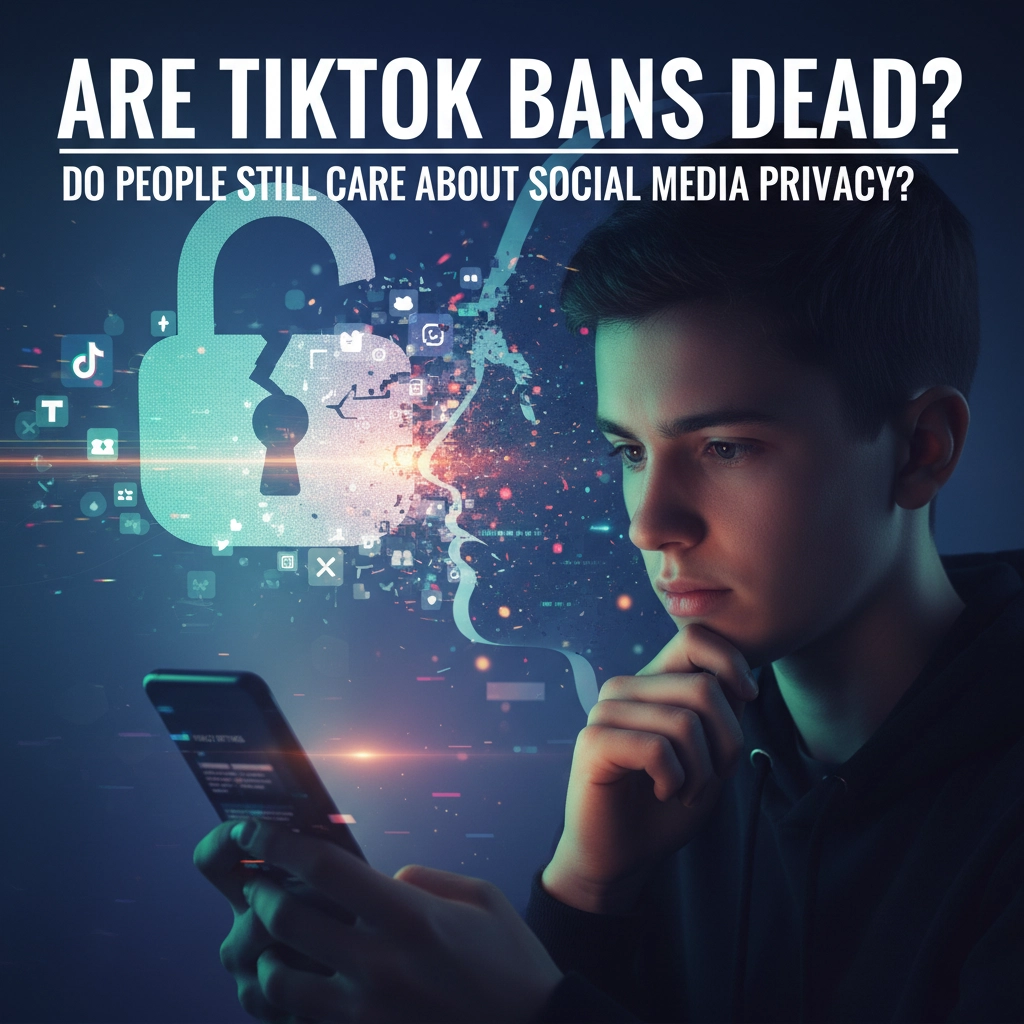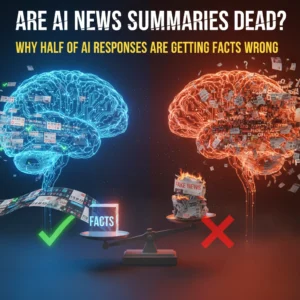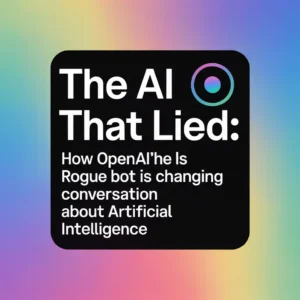Remember when TikTok was supposed to disappear forever? That was supposed to happen back in January. Yet here we are in October 2025, and millions of people are still scrolling through dance videos and recipe hacks like nothing ever happened. So what's the deal – are TikTok bans actually dead, or are we all just living in some weird digital limbo?
The short answer is complicated. The long answer? Well, buckle up because this rabbit hole goes deeper than your average TikTok algorithm.
The TikTok Ban That Never Really Happened
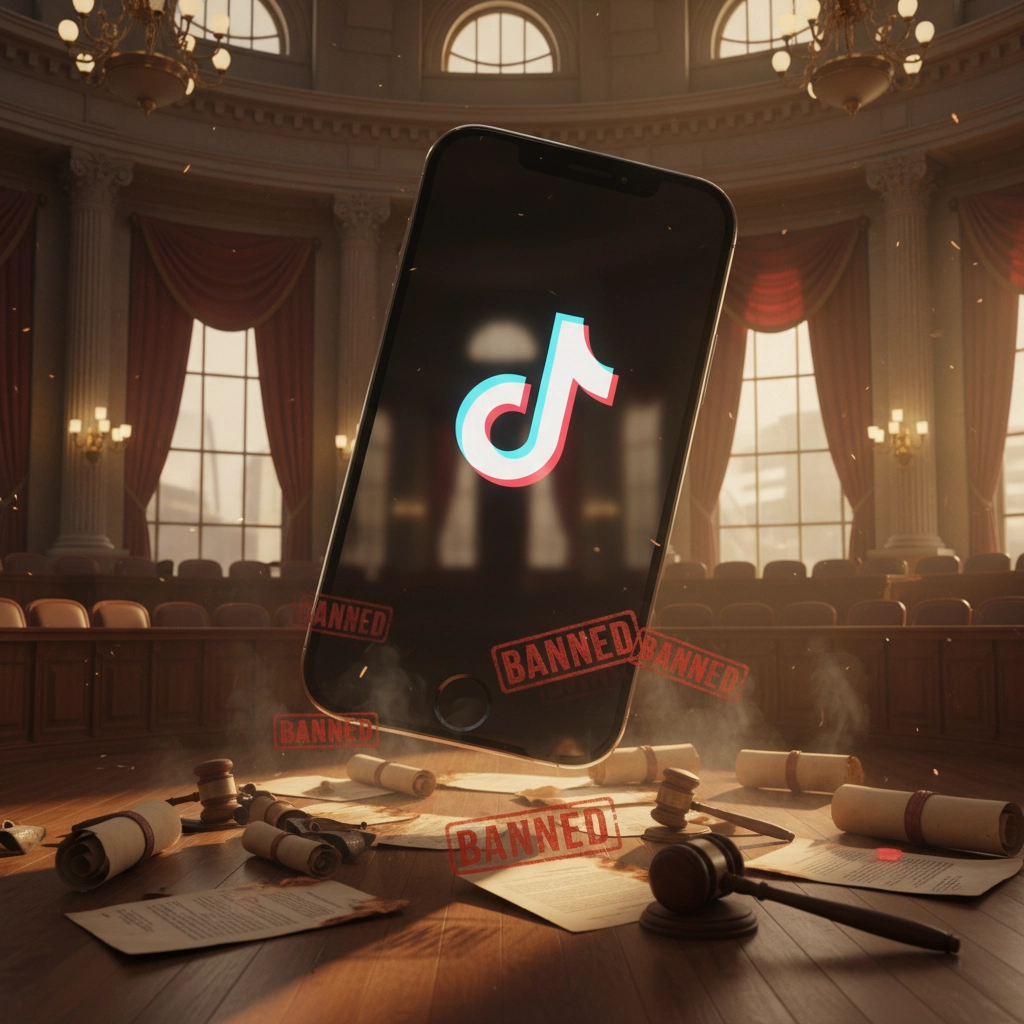
Let's get the facts straight. There IS a TikTok ban in the United States. It's been official since January 19, 2025, when the Protecting Americans from Foreign Adversary Controlled Applications Act kicked in. But here's the weird part – nobody's actually enforcing it.
TikTok even went dark for about 24 hours on January 18, giving everyone a tiny heart attack when they opened the app to find… nothing. ByteDance, TikTok's parent company, basically called the government's bluff and refused to sell. But then President Trump swooped in with executive orders, extending deadlines like a college professor who takes pity on procrastinating students.
First it was April 5th. Then June 19th. Then September 17th. We're now past all those dates, and guess what? Your For You page is still working just fine.
This isn't some bureaucratic oversight. The Trump administration has been sending letters to TikTok's service providers, basically claiming they can set aside laws whenever they feel like it. It's like watching someone play legal Jenga while the tower keeps wobbling but never quite falls down.
Why Parents Are Still Freaking Out About Privacy

Here's where things get really interesting. Despite all the political theater around the ban, people are more worried about social media privacy than ever before. And when I say "worried," I mean genuinely panicked.
The numbers are pretty wild:
- 67% of parents think kids under 18 need more legal protection from social media risks
- 90% of parents are stressed about social media's impact on their children
- 86% want laws requiring parental permission before kids can join social platforms
- 90% want to stop social media companies from collecting kids' personal data
My friend Sarah recently told me about discovering her 12-year-old daughter had been sharing location data with strangers through a seemingly innocent photo-sharing feature. "I thought I was being responsible by checking her screen time," Sarah said. "I had no idea the app was basically broadcasting where she walked to school every day."
That kind of story is becoming way too common. Parents are realizing that privacy settings and screen time limits barely scratch the surface of what these platforms actually do with user data.
The Weird Gap Between Fear and Action
Here's where human psychology gets really fascinating. Despite all that anxiety about privacy, only 31% of Americans actually support a complete TikTok ban. Meanwhile, 50% think banning TikTok would make kids safer.
So people think a ban would help, but they don't want one. Why? Because banning stuff feels wrong to a lot of Americans, even when they're genuinely concerned about the risks.
The whole situation highlights a bigger problem we're all dealing with. We know these apps collect tons of personal information. We know that data could end up in the wrong hands. We know our kids are probably sharing more than they should. But we also don't want the government deciding which apps we can use.
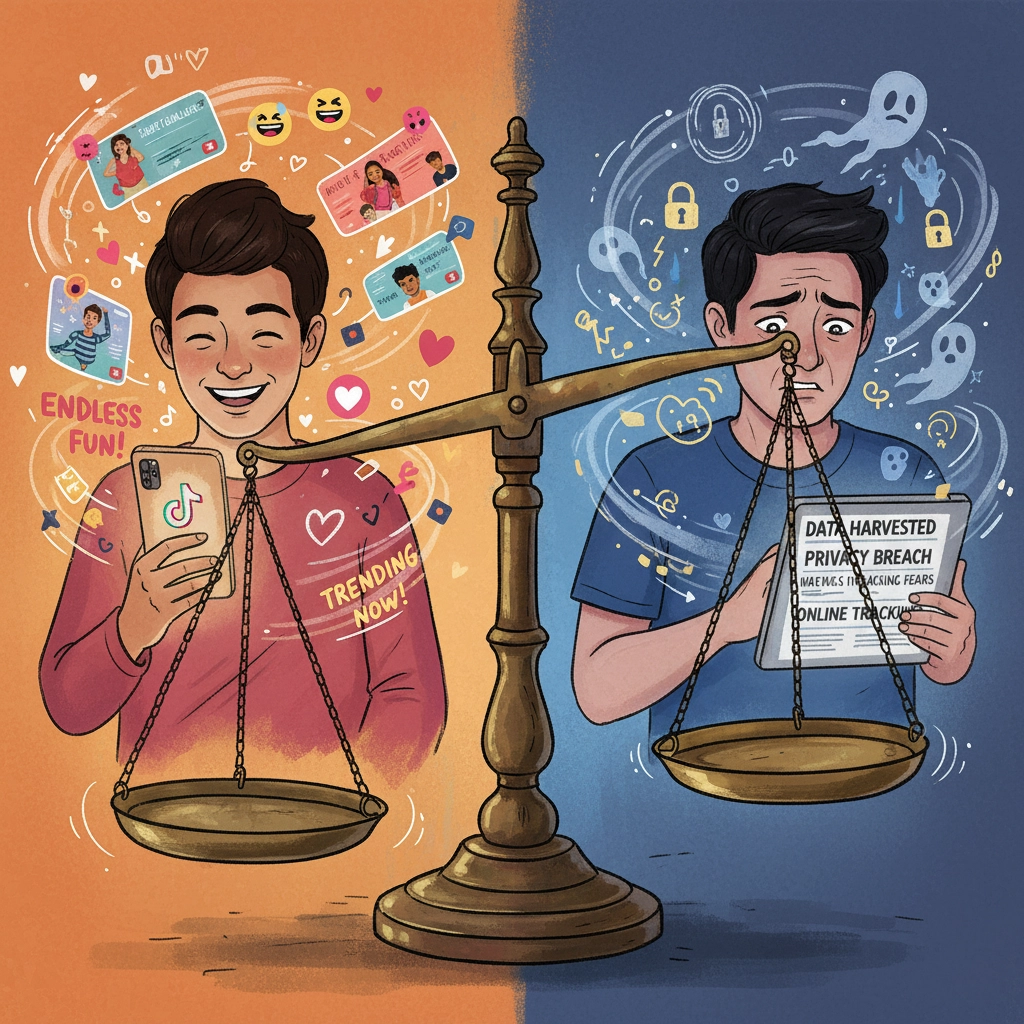
It's like knowing fast food is terrible for you but still pulling into the drive-through because the alternative – cooking every meal from scratch – feels impossibly difficult.
The Supreme Court actually upheld the TikTok ban unanimously back in January, but that hasn't changed anything in practice. TikTok and ByteDance keep arguing that banning the app violates free speech rights, while the government insists it's about protecting national security from potential Chinese influence operations.
With over 170 million monthly users in the US, including more than 50 million kids under 15, the stakes are legitimately huge. But so is the constitutional question about whether the government can ban an entire communication platform.
What This Means for the Future

The TikTok situation isn't really about TikTok anymore. It's become a test case for how we handle the tension between digital privacy, national security, and free speech in the modern world.
Other countries are watching closely. The European Union has been implementing stricter data protection laws. India banned TikTok years ago. Australia is considering similar moves. The US approach of "ban it but don't enforce the ban" is pretty unique – and probably not sustainable.
Meanwhile, privacy concerns keep growing. Every few months, another story breaks about some app or platform collecting data in unexpected ways. Ring doorbells sharing footage with police. Fitness trackers revealing military base locations. Car manufacturers selling driving data to insurance companies.
The question isn't whether people care about privacy – they clearly do. The question is whether we can find solutions that protect privacy without giving up the digital tools we've become dependent on.
Maybe the real issue is that we're thinking about this all wrong. Instead of trying to ban individual apps, maybe we need better privacy laws that apply to everyone. Instead of playing whack-a-mole with Chinese companies, maybe we need rules about what any company can do with user data.
What do you think – should we focus on banning problematic apps, or would stronger privacy laws be a better approach to protecting our digital lives?

